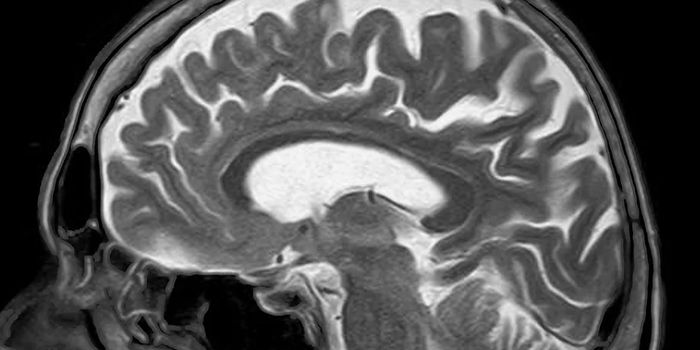Neuroscience Explains the Joy of Movie Watching
In a new report published in Science Advances, researchers begin with a quote from film director Jean-Luc Godard: “Cinema is the most beautiful fraud in the world.” Like many others, these researchers appreciate movies, and they note that movies can evoke transformative feelings at times. Watching a movie is both motivating and soothing, in a way that is different from just letting our minds wander; it's also not usually stressful in a way that problem-solving tasks can be.
In this report, the researchers collected high resolution, large-scale neuroimaging data of human brains while 176 people watched clips from movies including The Empire Strikes Back, Erin Brockovich, Home Alone, Inception, and Ocean's Eleven. With this data, the researchers could assess the hierarchical reorganization of the brain that took place during movie-watching.
The work indicated that the brain doesn't require as much computation during movie-watching compared to when people are at rest, or when they are performing a task. Models of the brain activity triggered by movie watching indicated that the hierarchy of the brain is flatter compared to when it's at rest or completing a task.
In this study, the researchers note that as changes in the brain happen, such as during problem-solving, or when performing a task that requires different parts of the brain such as movie watching, a hierarchy emerges among the regions of the brain that are engaged; this forms a "global workspace" that optimizes computation and signaling in the brain. This hierarchy flattens while people watch movies.
The brain is free from stressful problems and work as we watch a movie, and perhaps unsurprisingly, the research showed that the brain can simply absorb the story while activainge the brain circuits that are connected to the soothing and motivating effect of movies.
This work has provided new and important insights into the biological mechanisms that underlie complex changes in the hierarchy of the brain, said senior study author Professor Gustavo Deco of the Pompeu Fabra University and ICREA. "Using more naturalistic stimuli such as movies provide a fast and convenient way to measure important changes in the anatomical connectivity found in, for example, neuropsychiatric disorders, and can lead to new insights in vulnerable populations including children."
This research is an example of how the field of neuroscience is shifting away from monitoring the human brain while it completes very simple tasks to using stimuli like movies to capture activity in the brain as it responds to more complex, and more lifelike, conditions.
"This study provides intriguing new evidence for how movies can change the whole-brain hierarchical organization needed for orchestrating brain computation," added first study author Professor Morten L. Kringelbach of University of Oxford and Aarhus University. "The brain abstracts coherent narratives from still images and sound, which sets us free to transcend the rat race of survival, if even for the briefest moment."
Sources: Universitat Pompeu Fabra - Barcelona, Science Advances









